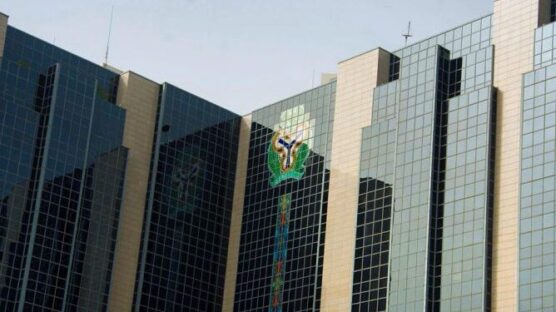Businesses in Polish mountain town defy virus restrictions and re-open
By AFP
31 January 2021 |
8:35 am
Following a call of defiance from the “Highlanders’ Veto” movement, the first restaurants and hotels in Poland’s Tatra Mountains re-open despite a partial lockdown. Police and health officials have conducted inspections, fining business owners 30,000 zloty (around 6,600 euros) each. On Monday, Poland's government extended most of the anti-virus restrictions through the end of the month, requiring ski slopes, gyms and hotels to remain closed to the general public and restaurants to only do takeaway service.
In this article
Related
April 15, 2024
Related
11 Apr
Some countries in Europe have begun to ban short-haul flights to cut emissions. Will other countries follow? And — can these bans make a real difference?
15 Apr
Here's what's been making the business headlines in sub-Saharan Africa this week.
13 Apr
Nigeria’s Minister of Finance, Wale Edun says 4.83 trillion naira from T-Bills and Bonds issued in the first quarter of this year was used to pay part of the Ways and Means advances from the Central Bank of Nigeria. Sam Chidoka, CEO of Kairos Capital joins CNBC Africa for more on this discussion and Nigeria's debt management strategy.
4 days ago
A year after Lula came to power, his gamble has paid off: deforestation has been halved in the Amazon. But this success comes at the cost of sacrificing another ecosystem that's just as vital to Brazil: the Cerrado.
4 days ago
Some top Nigerian banks are eyeing the international and local capital markets to raise fresh capital in a bid to meet the recapitalisation exercise by the Central Bank of Nigeria. Egie Akpata, Chairman of Skymark Partners joins CNBC Africa to examine options available to banks.
2 days ago
According to the International Monetary Fund (IMF), a 10% rise in the dollar on the currency market would push down real gross domestic product (GDP) in emerging economies by 1.9% after one year, with adverse economic effects lasting more than two years
Latest
14 mins ago
Scientists are testing a quadrupedal robot, named Spirit, in the rugged terrain of Oregon's Mount Hood, simulating the extreme conditions of the Moon and Mars.
14 mins ago
Can new laws against hate speech online also reduce harassment in the VTuber scene?
44 mins ago
Tunde Onakoya, a chess mastermind and founder of Chess in Slums Africa, has completed an incredible feat! He embarked on a journey to break the Guinness World Record for the longest chess marathon without a loss, aiming to surpass the existing mark of 56 hours and 9 minutes. And in the early hours of today, Saturday, April 20th, Tunde emerged victorious!
1 hour ago
Iranian state media have reported loud explosions in the sky near the central city of Isfahan. Tehran says say its air defense systems were activated at a nearby military base and a nuclear facility.
1 hour ago
In this week’s special edition of Access Asia, we focus on India as the country's record-breaking election gets under way. In the past few years, India's ranking in the World Press Freedom Index has plummeted.
1 hour ago
How can a conflict that is taking place right now, and that’s regarded as the biggest humanitarian crisis in the world, become known as the forgotten war? Aid agencies say that after exactly a year of civil war in Sudan, driven by a fight for power between two military factions, the world has turned away.
×

Get the latest news delivered straight to your inbox every day of the week. Stay informed with the Guardian’s leading coverage of Nigerian and world news, business, technology and sports.


















0 Comments
We will review and take appropriate action.